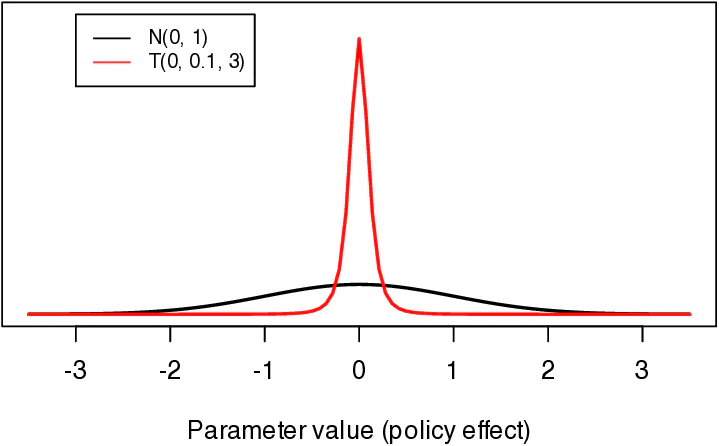Assessing and Comparing the Effects of Public Policies: a New Approach

Abstract
Assessing the effects of public policies is essential for academic and practical reasons. While existing approaches focus on the effects of individual policies or entire sectoral policy regimes, approaches that evaluate individual policies within the context of sectoral policy mixes are missing. This paper introduces a middle-ground approach called the Conditional Effects of Public Policies (CEPP) method. The CEPP approach uses a Bayesian-based procedure to (1) capture all policies in a specific area aimed at a particular outcome and (2) compare each policy’s effect on that outcome. We demonstrate the analytical value of our approach for the ‘Porter Hypothesis’ in order to distinguish between environmental regulations that hinder or promote green innovations. Covering 21 OECD countries over two decades we show that while no environmental policy is universally ‘good’ or ‘bad’ in this regard, public investment programs tend to be a driver of innovation. Hierarchical instruments by contrast show varied effects. Taken together, this paper not only provides a new method to assess policy effects in times of increasingly congested policy spaces, but also makes a clear contribution to a contested question in policy research, namely, whether and under which conditions environmental policies can offer benefits for the regulated companies.
Online appendix
The online appendix contains an extension of the procedures and results presented in the paper.